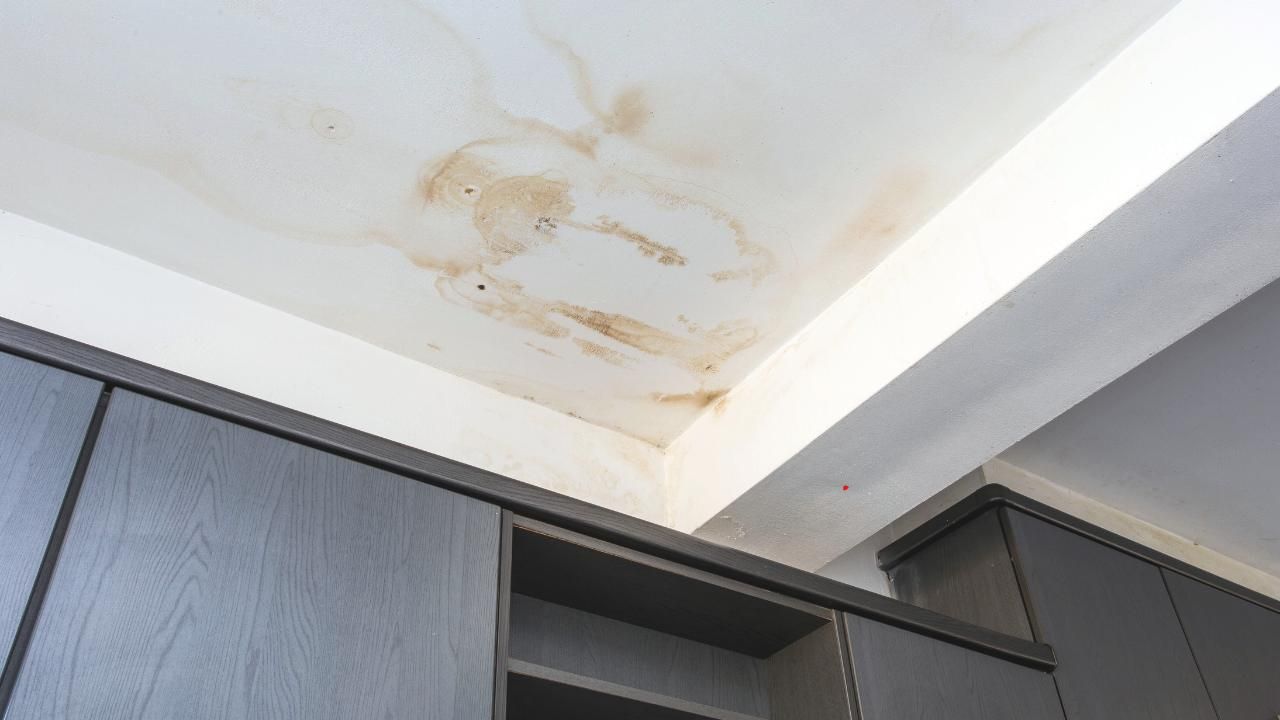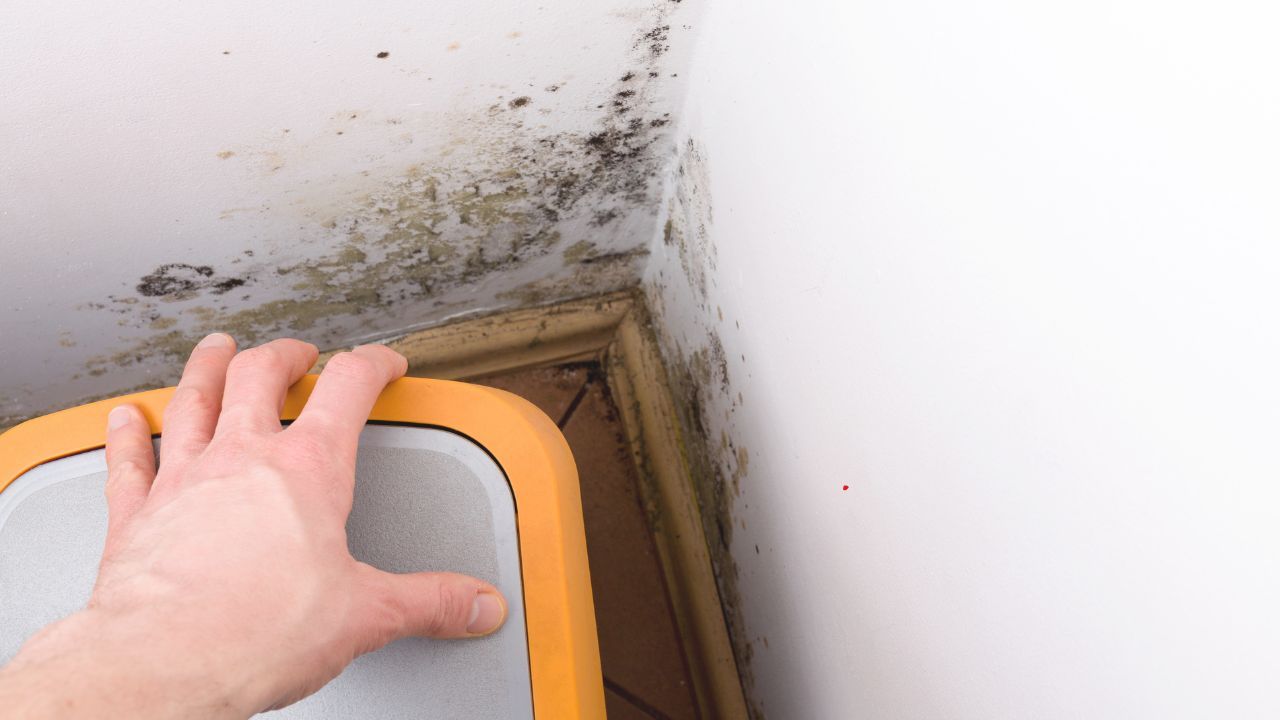The Psychological Effects of Mold Infestations: Coping with Stress and Anxiety
Understanding the Psychological Impact of Mold Infestations

Mold infestations are not just a nuisance for homeowners; they can also have significant psychological effects on individuals living in affected spaces. Beyond the physical health risks associated with mold exposure, such as respiratory issues and allergies, the presence of mold can also take a toll on mental well-being. In this comprehensive guide, we'll delve into the psychological effects of mold infestations, explore how mold impacts mental health, and discuss coping strategies for dealing with stress and anxiety in mold-contaminated environments.
Living in a mold-infested environment can evoke a range of negative emotions and psychological responses. For many individuals, the discovery of mold in their home can lead to feelings of fear, anxiety, and helplessness. The visible presence of mold can disrupt the sense of safety and security within one's own home, leading to heightened stress levels and emotional distress. Additionally, the uncertainty surrounding the extent of the mold problem and its potential health implications can exacerbate feelings of anxiety and overwhelm.
Mold Exposure Can Lead To Depression
Mold exposure can indeed lead to depression. While mold primarily affects physical health by triggering allergies, asthma, and respiratory issues, its impact on mental health should not be overlooked. Several studies have linked mold exposure to psychological symptoms, including depression and anxiety. Mold can release mycotoxins, which are toxic substances that can affect the central nervous system. These toxins can disrupt neurotransmitter function in the brain, potentially leading to mood disturbances and cognitive impairments. Additionally, living in a mold-infested environment can contribute to chronic stress and anxiety, which are known risk factors for depression.
Individuals who are particularly sensitive to mold or who have pre-existing mental health conditions may be more susceptible to developing depression in response to mold exposure. Furthermore, the emotional distress caused by the discovery of mold in one's home, as well as concerns about the health implications for oneself and loved ones, can contribute to feelings of hopelessness and despair. The symptoms of mold-related depression may include persistent sadness, loss of interest in activities, changes in appetite or weight, sleep disturbances, fatigue, difficulty concentrating, and thoughts of worthlessness or guilt. These symptoms can significantly impact daily functioning and quality of life if left untreated.
Mold's Impact on Mental Health?
Research has shown that exposure to mold can contribute to various mental health issues, including:
- Stress and Anxiety: Living in a mold-infested environment can trigger chronic stress and anxiety, as individuals worry about the health risks associated with mold exposure and the financial costs of mold remediation in Hawaii.
- Depression: Prolonged exposure to mold can contribute to feelings of depression and low mood. The constant presence of mold-related stressors can weigh heavily on individuals, impacting their overall sense of well-being.
- Sleep Disturbances: Mold-related stress and anxiety can disrupt sleep patterns, leading to difficulties falling asleep, staying asleep, or experiencing restful sleep. This can further exacerbate feelings of fatigue and emotional instability.
- Cognitive Impairment: Some studies suggest that mold exposure may impair cognitive function, leading to difficulties with memory, concentration, and decision-making. These cognitive deficits can contribute to feelings of frustration and inadequacy.
- Social Isolation: Individuals living in mold-infested environments may withdraw socially due to embarrassment or shame about their living conditions. This social isolation can further compound feelings of loneliness and distress.
The Coping Strategies for Dealing with Mold-Related Stress and Anxiety
While living in a mold-infested environment can be challenging, there are several coping strategies that individuals can employ to manage stress and anxiety:
- Seek Professional Help: If mold-related stress and anxiety are significantly impacting daily functioning, it may be helpful to seek support from a mental health professional. Therapy can provide individuals with coping skills, stress management techniques, and a supportive space to process their emotions.
- Practice Stress Reduction Techniques: Engaging in stress reduction techniques such as deep breathing, meditation, yoga, or progressive muscle relaxation can help alleviate feelings of tension and anxiety.
- Focus on Self-Care: Prioritize self-care activities that promote mental and emotional well-being, such as regular exercise, healthy eating, adequate sleep, and spending time outdoors.
- Create a Supportive Environment: Surround yourself with supportive friends, family members, or support groups who can offer understanding, empathy, and practical assistance during challenging times.
- Address Mold Remediation: Take proactive steps to address the underlying cause of stress and anxiety by addressing the mold infestation in your home. Consult with a qualified mold remediation specialist to safely and effectively remove mold from your living environment.
- Practice Mindfulness: Cultivate mindfulness practices that help you stay grounded in the present moment and cultivate a sense of acceptance and resilience in the face of adversity.
- Set Realistic Expectations: Recognize that coping with mold-related stress and anxiety is a process that takes time and effort. Set realistic expectations for yourself and celebrate small victories along the way.
- Focus on the Positive: Practice gratitude and focus on the positive aspects of your life, even in the midst of adversity. Cultivating a positive mindset can help build resilience and foster emotional well-being.
Living in a mold-infested environment can have profound psychological effects on individuals, leading to stress, anxiety, and other mental health issues. By understanding the psychological impact of mold infestations and implementing effective coping strategies, individuals can mitigate the negative effects of mold-related stress and anxiety and cultivate resilience in the face of adversity. Remember that seeking support from mental health professionals, practicing self-care, and addressing the underlying cause of stress are essential steps in promoting mental and emotional well-being in mold-contaminated environments. With the right support and coping strategies, individuals can navigate the challenges of living with mold and emerge stronger and more resilient on the other side. Contact ECO Kauai Services for expert guidance on managing mold and promoting mental and emotional well-being in affected environments.




